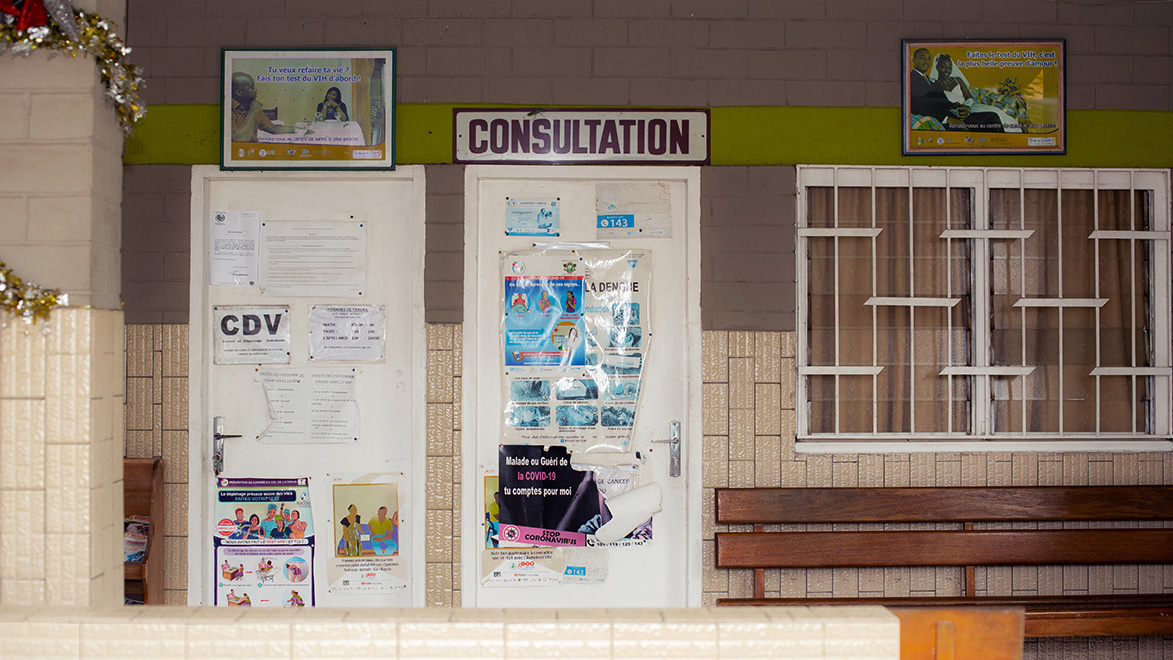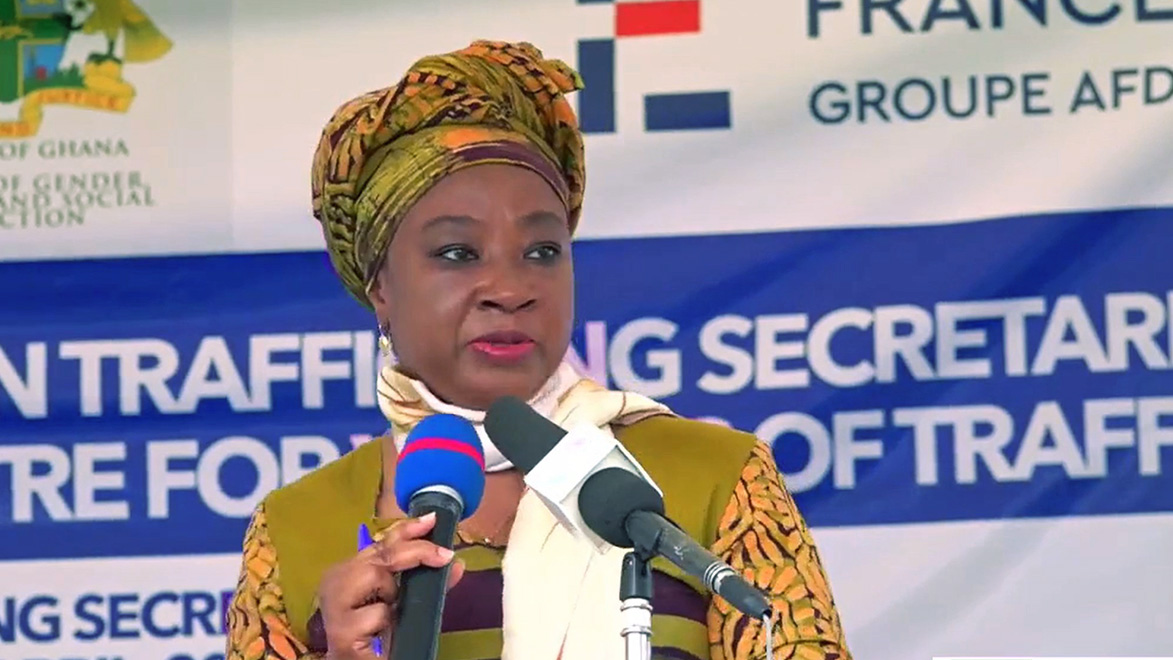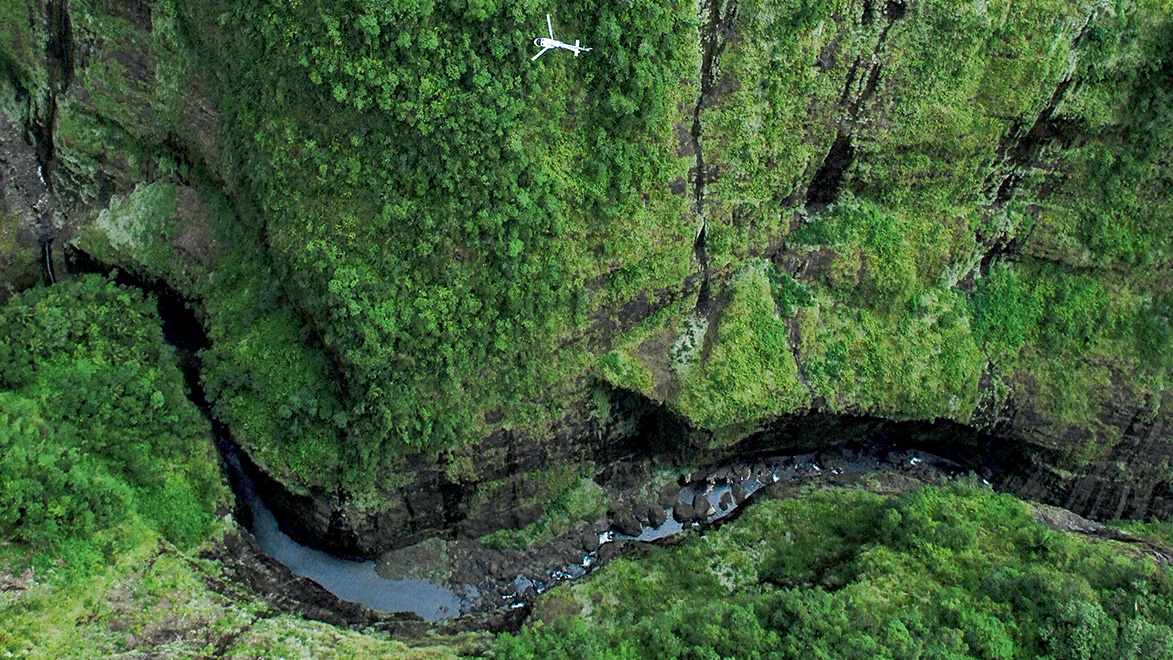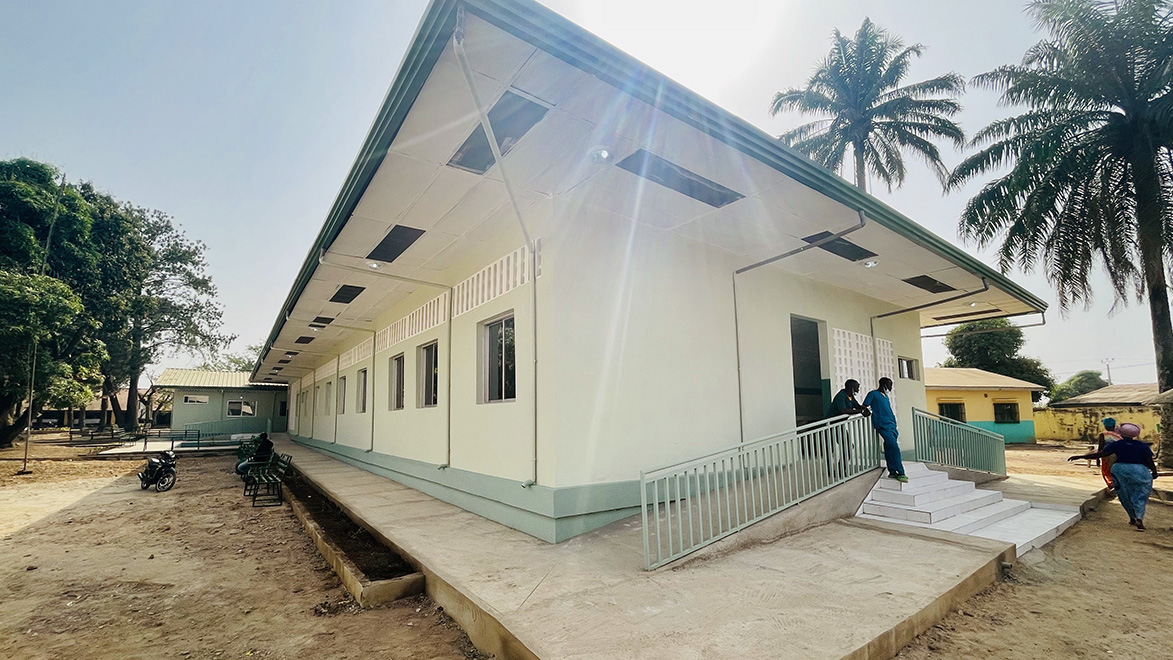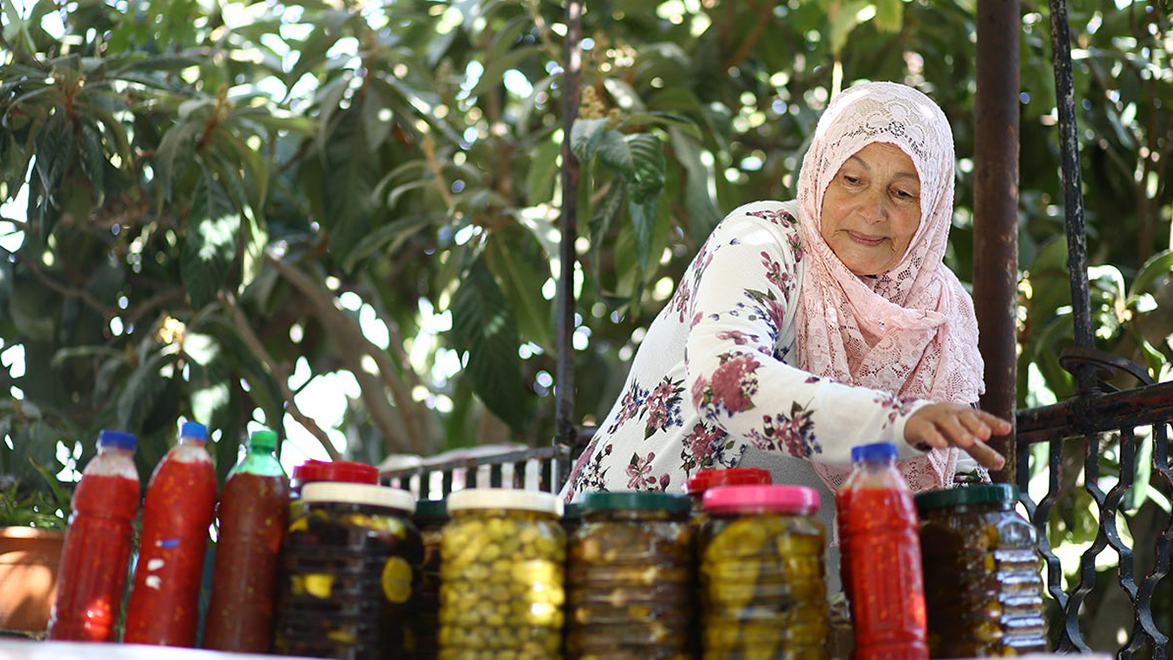SDG 2
Resilient Food Production in Latin America
REPORT Food, security, and climate are closely linked. Since 2017, through the EUROCLIMA+ program, Expertise France has been supporting the emergence of sustainable and resilient agriculture in Latin America
Small- and mid-sized farmers are among the most vulnerable populations in Latin America. The rates of poverty and extreme poverty in rural areas are 1.8 to 2.6 times higher than those in urban areas. The situation is set to worsen due to climate change: In 2020 — one of the past decades’ hottest years on record in the region — droughts, fires, and cyclones proved devastating for the crops. Meanwhile, agriculture greatly contributes to climate upheaval: It represents between a quarter and a third of the region’s greenhouse gas emissions.
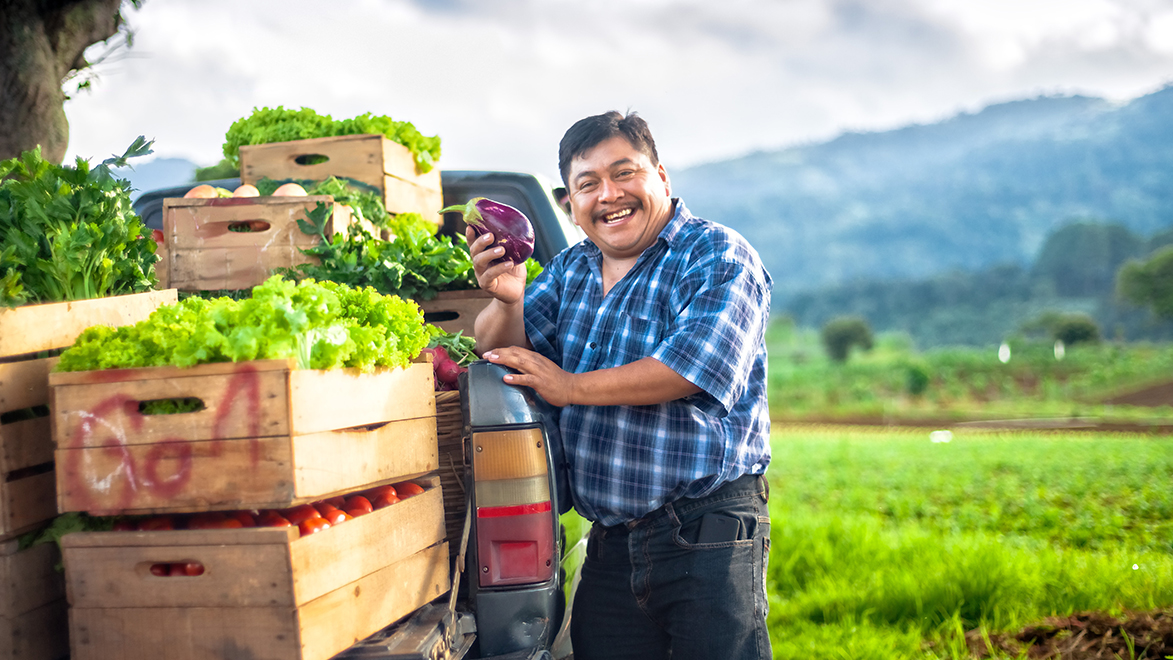
The EUROCLIMA + program helps Latin American countries transition toward more sustainable and resilient farming.
Toward sustainable and resilient agriculture
Since 2017, through the Resilient Food Production component of the EUROCLIMA+ program, Expertise France has worked alongside Latin American countries facing this dual challenge. Our support aims to both facilitate the emergence of sustainable agriculture — especially by promoting a more efficient use of water and carbon in agricultural systems and the food processing industry — and enhance the resilience of those countries’ key stakeholders when confronted with the effects of climate change. The program thus contributes, among other objectives, to securing harvests and strengthening food security in Latin America.
To date, 10 binational and multinational projects, benefiting 11 countries in all, have been implemented by the agency. These projects remain consistent with the sector-based commitments made as part of the countries’ nationally determined contributions (NDCs).
Food security and climate are closely tied together.
Good practices to secure harvests
Most importantly, Expertise France’s support has helped identify, document, and diffuse good practices in farming, including methods allowing communities to maintain their production levels despite climate disruptions and to fight hunger in their country. Among other actions, we can note the implementation of rainwater collection and storage systems, setting up of solar pumps, use of quality seeds, and enhancement of ancestral knowledge. These solutions to guarantee food security were identified in two theme-based capitalization studies conducted at the end of 2021.
Cross-sector interactions — especially between the Forest, Biodiversity, and Ecosystems and Disaster Risk Reduction and Management components of EUROCLIMA+ — were also organized, enabling the promotion of climate mitigation and adaptation practices based on ecosystems and nature-based solutions. Biodiversity preservation and food security are indeed closely linked: In Latin America, many communities practicing family farming and agroforestry depend on the ecosystems’ good health to meet their needs.
Achieving SDG 2
The setting and implementation of agricultural development strategies and natural resources management represent major challenges. To respond to the Zero Hunger sustainable development goal, Expertise France offers its services to development actors: governments, local communities, civil society organizations, research centers, and the private sector.
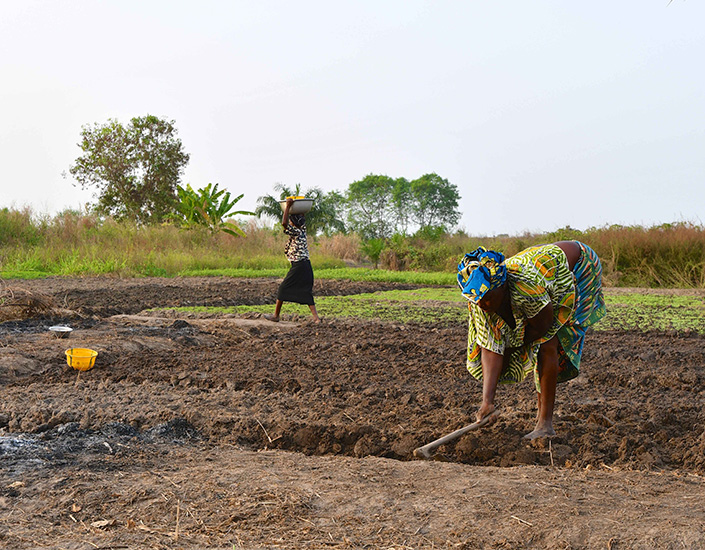
Further reading








